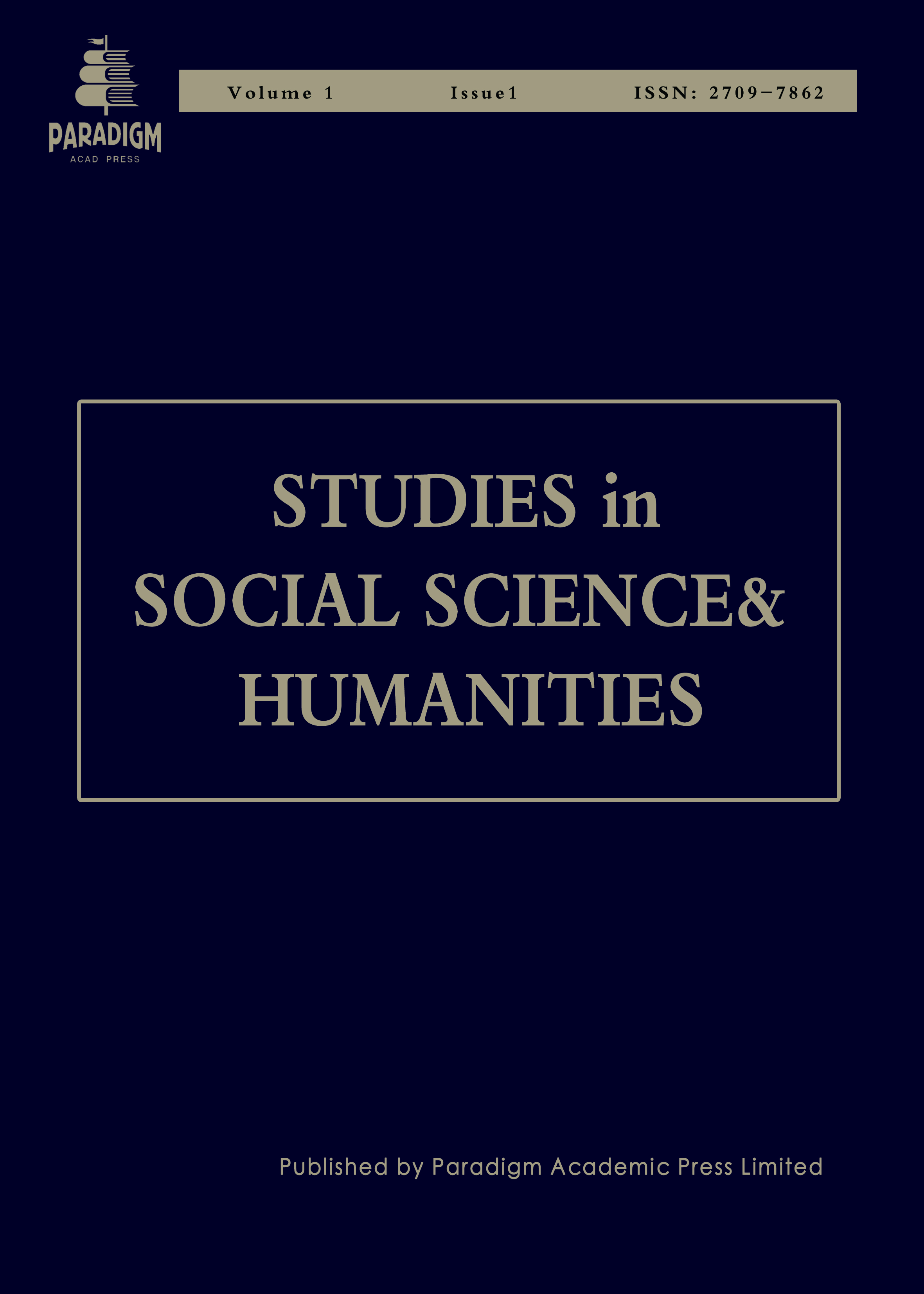A Review of Literature on the Work-Life Balance of Female University Faculty from the Perspective of Patriarchal
DOI:
https://doi.org/10.63593/SSSH.2709-7862.2025.07.002Keywords:
patriarchy, feminism, motherhood, female university faculty, gender inequalityAbstract
This paper reviews the challenges faced by female university faculty in balancing professional advancement and maternal responsibilities, framed within the theoretical context of patriarchy. Drawing on feminist, the study traces how patriarchal norms have historically defined women’s roles in both private and public spheres, particularly in the Chinese context. Although China promoted formal gender equality after 1949, the persistence of traditional family structures and implicit gendered expectations continues to constrain women’s career mobility. The analysis highlights the dual burden faced by female academics: while they benefit from relatively stable institutional environments, they remain subject to performance evaluations that overlook the disproportionate domestic labor they perform. Furthermore, the structural barriers in academic promotion, research productivity, and leadership appointments also highlight the disadvantaged position of female teachers. The paper argues that addressing these disparities requires not only legal protections and flexible policies but also gender-sensitive reforms in academic evaluation systems, expanded institutional support, and greater political recognition of women’s contributions. Ultimately, the professional development of female academics is not just a matter of individual equity but one of broader social and political significance.


